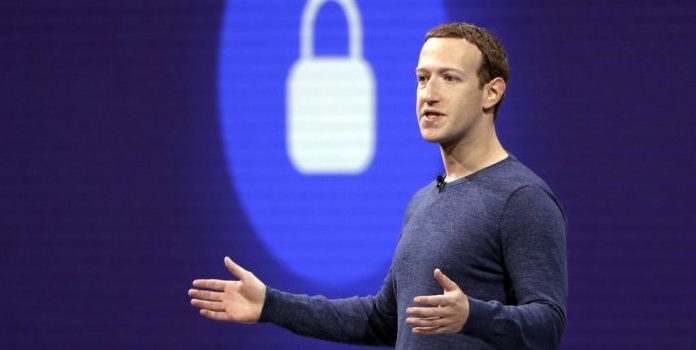(Gregg Pfister, Real Clear Policy) In 2020, government election offices across Missouri received millions of dollars from a billionaire who resides far from the rolling hills of Mark Twain National Forest, the iconic St. Louis Arch, and the bustling suburbs of Kansas City.
Mark Zuckerberg, the California Facebook billionaire, funneled millions into our state with grant dollars disproportionately favoring Democrat-held districts.
This was one of the largest contributions any private individual has ever made to finance local elections both in Missouri and across the country on such a massive scale. New research by the Foundation for Government Accountability (FGA) on the impact of what has become known as “Zuckerbucks” makes it clear that the Missouri legislature should make safeguarding elections against outside influences a top priority this coming session.
The big-tech billionaire and his wife, through the Center for Tech and Civic Life (CTCL), funneled $9 million into the state of Missouri and more than $400 million into 2,500 other local election offices nationally, calling them “COVID-19 response grants.” The money was advertised as a resource to buy personal protective equipment (PPE) and support voting procedures adapted to the pandemic — but COVID-19 response was a fraction of the total expenditures.
FGA’s latest research, utilizing extensive records requests and Freedom of Information Act requests, reveals three disturbing trends about the grants and how the money was ultimately used.
“Zuckerbucks” landed most prevalently in Democrat-held counties.
Every Missouri county carried by Joe Biden received Zuckerbucks — but fewer than half of the counties that broke for Donald Trump received anything. Biden-held counties received average grants of $1.3 million, whereas the average award for Trump-carried jurisdictions was more than 98 percent less—a pittance—coming in at $107,000.
And the total amount of the grants was not determined based on population. Rather, amounts tracked with blue votes. The average grant amount per registered voter for a Biden-carried jurisdiction was more than 50 percent larger than the average for those that Trump carried.
Localities that received Zuckerbucks saw abnormally high increases in voter turnout. Missouri’s 2nd Congressional District consists of St. Louis and St. Charles Counties, both of which received two of the largest grants. The incumbent for that district, Republican Congresswoman Ann Wagner, received fewer votes in 2020 in both counties than in 2018 — meanwhile votes for her Democratic opponent increased by a staggering 32 percent.
Meanwhile, Jefferson County, which completes the district, did not receive Zuckerbucks, and vote margins between parties followed past trends.
Less than five percent of expenditures went to PPE.
Instead, counties spent a quarter of a million dollars on new, non-pandemic-related voting equipment, paying poll workers, and “voter education.” In some cases, the money was more blatantly misused as it was in Boone County. Officials there spent the funds on producing a music video and radio spot with local rap artists.
Legislators attempted to ban private funding of local election offices last year but ran out of time at the end of session. Now is the time to prioritize this reform, however, with the 2022 midterms on the horizon.
Continuing to allow billionaires to interfere with voting operations sets a dangerous precedent for the security and integrity of future elections. Elections aren’t a commodity to be bought and sold — Missourians deserve better. Voters should go to the polls confident their vote will be cast and counted without interference from out-of-state groups or the partisan agendas of big corporations and special interest groups.
If local election offices need additional resources to operate, they should come from the taxpayer-funded budget and be equally distributed by the Secretary of State’s office, not a third party — and Missouri voters agree.
A recent survey from the Center for Excellence in Polling shows solid support (72 percent) for ending private funding of election offices with some of the strongest support coming from the Democrats who benefitted the most from it.
Last election, it was Mark Zuckerberg. In the next election, it could be a whole host of other wealthy tech tycoons or special interest groups with Missouri elections in their sights.
Missouri legislators have a chance to stop out-of-state, big-tech billionaires and corporations from interfering in our elections by completely banning third-party funding of election offices — they should take that chance before it’s too late.

